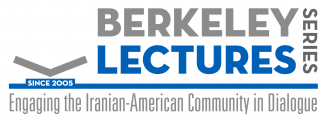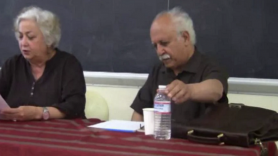Intellectual and Cultural Contexts of Iran’s Recent Movement, kardavani, Sep 9, 2012
کاظم کردوانی، جامعه شناس ( از « مدرسه مطالعات عالی علوم اجتماعی – پاریس » ) و پژوهشگر و دارای نشان نخل های آکادمیک وزارت آموزش ملی و تحقیقات و فناوری فرانسه، استاد سابق دانشگاه، عضو و دبیر سابق کانون نویسندگان ایران، دبیر سابق کنفدراسیون جهانی دانشجویان ایرانی، عضو مؤسس و دبیر « شورای بازنگری در شیوه ی نگارش خط فارسی »، عضو مؤسس « کمیته دفاع از حقوق قربانیان قتل های زنجیره ای »؛ علاوه بر شرکت مستمر در فعالیت های فرهنگی و اجتماعی ایرا ن و افزون بر همکاری با نشریه های مستقل ایران ( جامعه سالم، آدینه و … )، در حوزه های زبان و ادبیات و مسایل اجتماعی و سیاسی ایران به کارهای پژوهشی پرداخته است .

